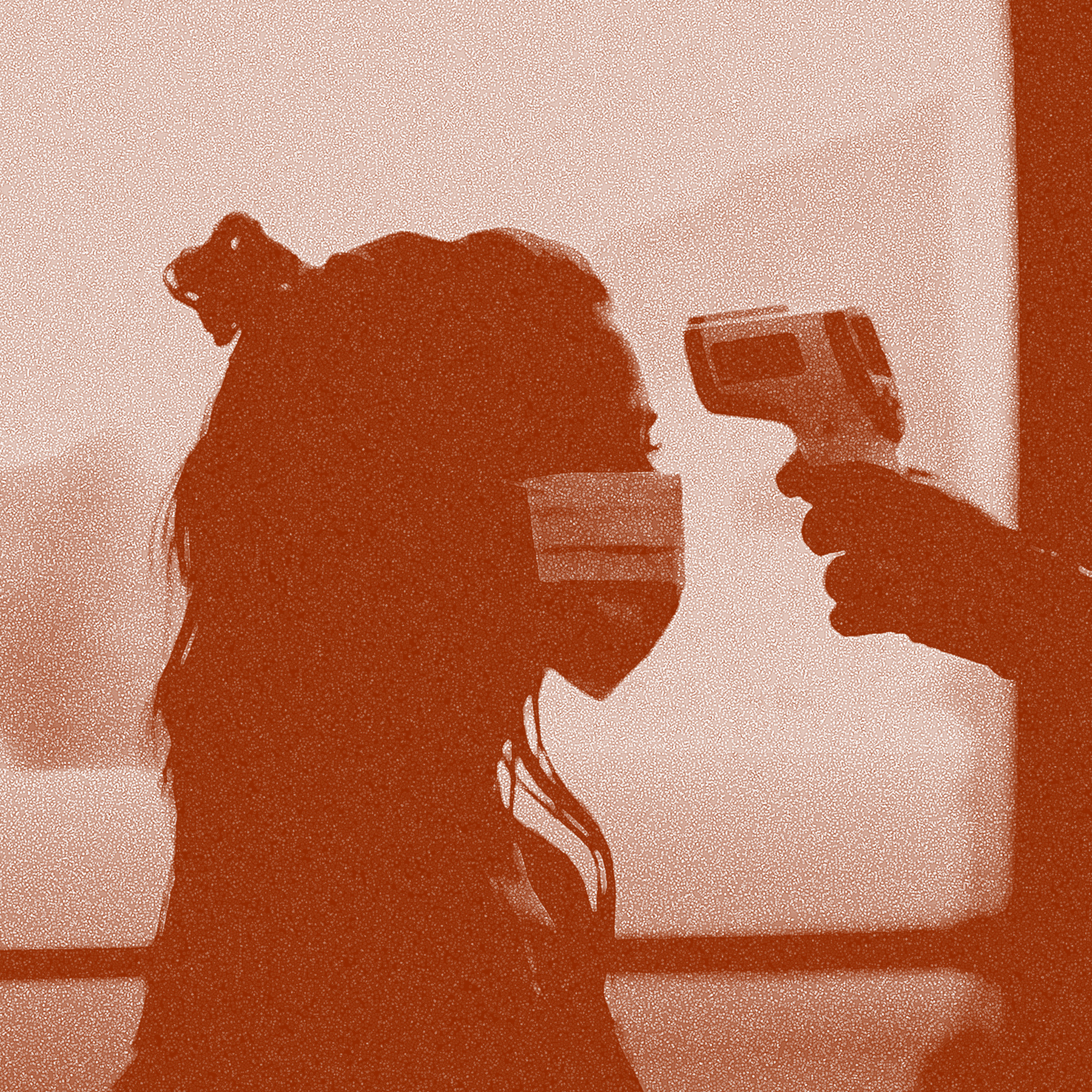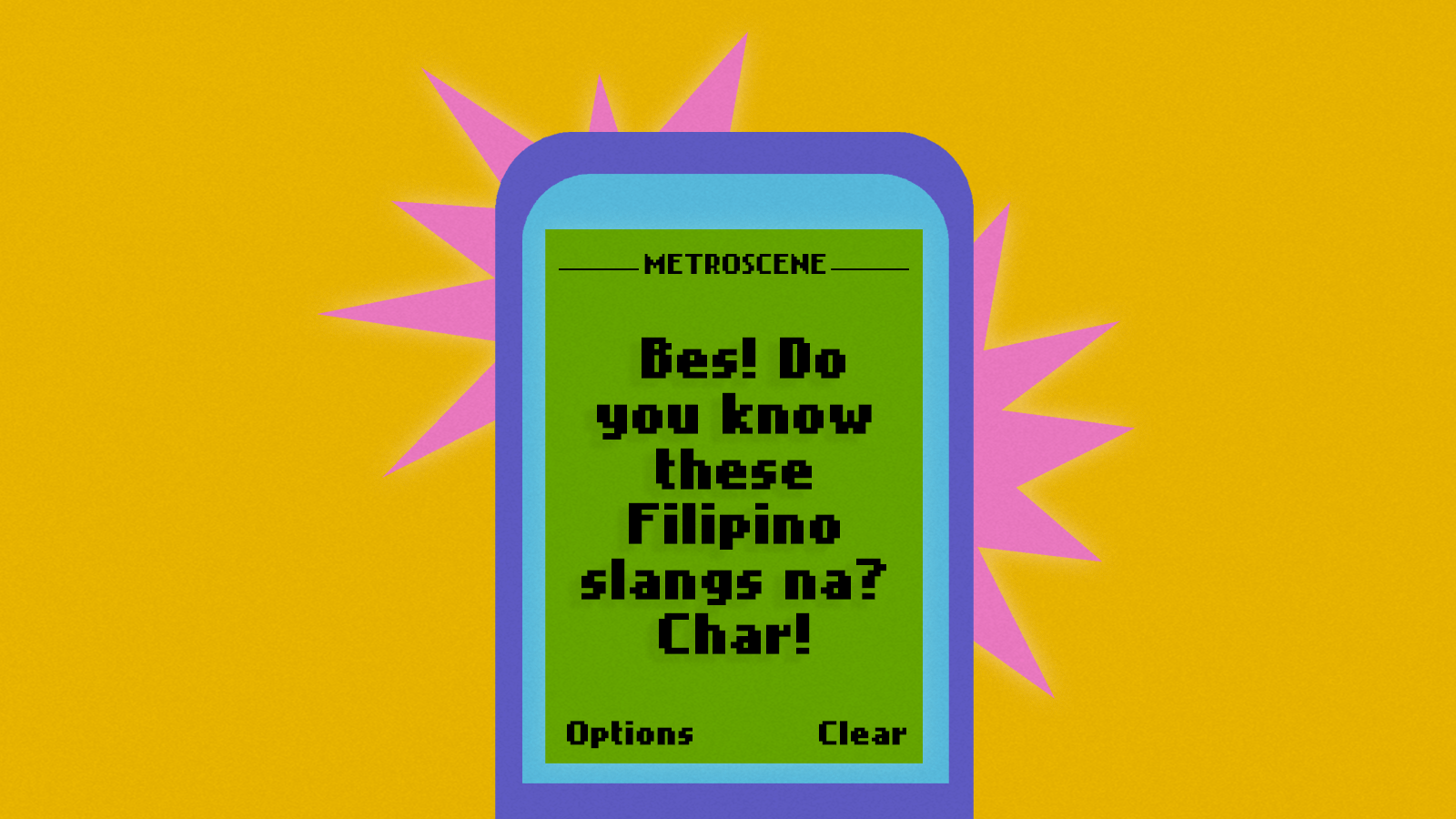The Department of Trade and Industry recently announced that they are set to standardize Filipino recipes, including what most have claimed as the national dish – the adobo. A few poked fun of the memo; that the government agency must first mark the differences among the tomato-based viands namely, caldereta, mechado, and afritada. Unsurprisingly, it mainly raised contestation because it disregards the diversity of the Philippines’ resources and regional flavors, which have contributed to the varying techniques and ingredients our mamas, dads, lolas, titas, and chefs continue to integrate in its creation. Above all, the misplaced sense of priority amidst the unresolved pandemic, high prices, and political turmoil enraged citizens.
While majority continues to hark “hands off my adobo,” these are a few things we wished the government would have standardized procedures and decisions for:
Authentication for Vaccination Cards
In recent months, the falsification of vaccination cards has been rampant as a way for unvaccinated members of the public to travel and get access to store discounts. This prompted Quezon City’s issuance of holographic stickers. Since the national government does not have a directive to authenticate vaccination cards, local government units are left to figure out their own strategies. This raises two concerns. First, the different ways to prove a card’s validity may cause further confusion among the public. Second, it will be difficult to identify varying emblems across the country.
Vaccine Allocation
To this day, it is unclear how the government chooses the volume of COVID-19 vaccine shots to be given to LGUs per brand. Currently, the brands available in the Philippines are AstraZeneca, Sinovac, Pfizer, Sputnik, and recently, Moderna. For private employees, the firm’s management chooses which of these to roll out, but in the case of free jabs from LGUs, citizens are given whichever is available. A striking percentage of Filipinos is still hesitant to get vaccinated because they believe that they have the right to choose which brand they should receive. But why do some cities or centers have more of a specific manufacturer than the others? We see “fair” in articles quoting government officials when they justify their distributions, but doesn’t fairness also beg for transparent answers?
Health Protocols
There’s Luzon, then there’s NCR Plus. First was ECQ, next came GCQ, then MGCQ. Today, the seemingly random strings of letters are promulgated simultaneously throughout the country and watching the news feels like a mind game, testing if the audience has really been listening. Some may come up with the defense that these are dependent on the location’s number of cases. Then again, once an area “relaxes” its protocols, interactions facilitate the breeding and transmission of new variants. No wonder that the number of cases per region is erratic. We are failing to prevent the spread of the virus, and respond only when there is dire need of a cure. People are punished when they do not follow the rules when the directions, themselves, are just all over.
Detection of Fake News
Social media delivers news within lightning’s speed, but disinformation trails behind it like thunder. Thanks to organizations and thoughtful Internet users, resources to teach netizens about the difference between truthful news and fake news are already mainstream, and not just learned inside the classroom. Though, it is undeniable that millions of Filipinos still cannot tell the classifications apart, aggravated by the presence of trolls and public figures who engage in history revisionism. With this, it would be a trailblazing initiative if institutions and government agencies partnered to create nationwide projects and uniform learning materials that will educate everyone on the habit of fact-checking – from postpaid kids to those with the weakest prepaid signals. If anything, the pandemic has proven that lies kill.
National ID Registration
Have you gotten yours? No? Me too! The Philippine National ID is the product of the Philippine Identification System Act, which the President signed into law back in 2018. It aims to merge necessary government IDs such as those for social welfare programs. A quick run through its website gives the impression that there is no single application procedure. Some regions offer online booking, while others conduct house-to-house registrations. However, key areas in Manila just have designated public venues where people can apply for and claim their identification cards. The National ID was developed to streamline government and private transactions, but the current situation is a peek into how this goal continues to merely be a dream.
















